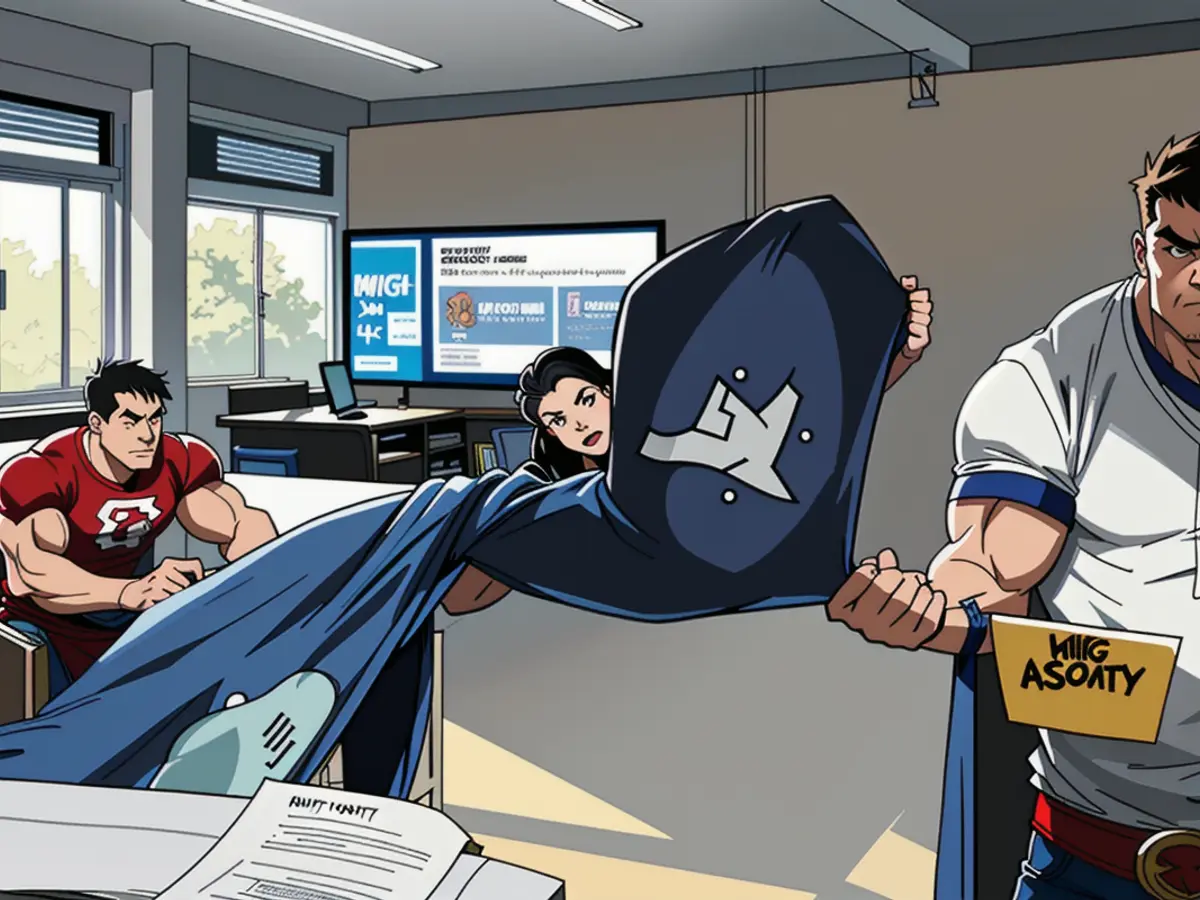Preparing the Next Generation: Civil Defense Exercises in Schools Gain Traction
Advocacy for Regular Safety Exercises at Schools by the Ministry of Interior - Interior Ministry backs protective drills in educational institutions
Welcome to the new age of education, where learning extends beyond textbooks to real-life scenarios. The Federal Interior Ministry, spearheaded by SPD, is advocating for civil defense training in schools - a proposal warmly welcomed by politicians from the Greens and FDP. But, as with any significant change, not everyone's on board. Let's dive into the details.
The proposed training, championed by CDU security politician Roderich Kiesewetter, emphasizes practical experience under crisis situations. He suggests instituting disaster response training for students, focusing on their vulnerability in emergencies. This isn't just about students being cautious; it's about equipping them with the tools necessary to navigate real-world threats.
To support this initiative, basic training on disaster behavior could be introduced. Stefan Düll, president of the German Teachers' Association, supports this idea, citing Finland as a prime example, where such practices have been a part of schools for decades.
But what about the educational naysayers? Left party Bundestag member Nicole Gohlke sharply criticizes this idea, alleging that it could foster a climate of fear in children and youth. She fears that this push towards civil defense in schools paves the way for a militarized society, constantly primed for crises.
However, education is a state matter in Germany, and the Standing Conference of the Ministers of Education and Cultural Affairs (KMK) has not taken this responsibility. Instead, the focus rests on emergency plans of the federal states for schools.
While some argue that civil defense training may divert resources from traditional educational subjects, others counter this claim. They point out that a well-prepared student is a productive learner, capable of facing challenges both inside and outside the classroom. Plus, engaging schools in civil defense reinforces community bonds, as families and local organizations rally together for preparedness efforts.
As geopolitical tensions rise, Germany, like Finland and other European nations, is gearing up to safeguard its children's future. The focus on civil defense training is far from a foreign concept - it's a vital step towards shaping a resilient society ready to confront the challenges of the 21st century head-on.
- Minister of the Interior Nancy Faeser, representing the SPD, agrees with the assessment that installing civil defense exercises in schools is crucial for the next generation's preparedness.
- In the face of growing crises, Roderich Kiesewetter, a CDU politician, advocates that schools implement practical assessment of civilian response to emergencies.
- Civil defense training, as advocated by some, could provide students with essential skills for navigating real-world threats, beyond the classroom.








